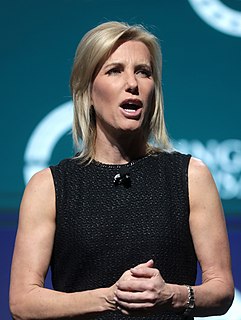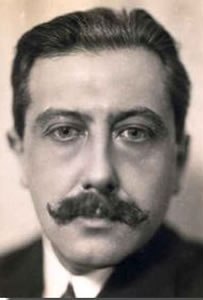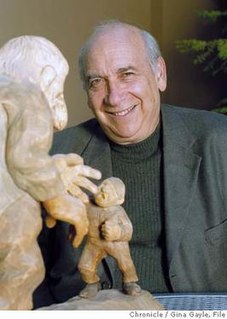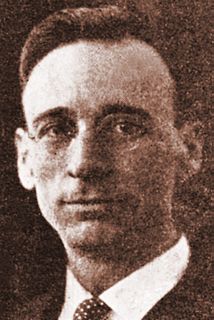A Quote by Ted Dekker
My research for 'Adam' affected me profoundly, particularly the research into evil's underbelly. We tend not to think about evil until it pokes its head out of the air about us and then it tends to scare us silly. As well it should.
Related Quotes
Whoever has the power to label others as evil is automatically, or reflexively, the good person. Good people label bad people as evil. And once you do that, then it demonizes them. You don't negotiate with evil. You don't sit down at the table with the devil and say, "Okay, let's work this out." What you want to do is destroy evil. Every Catholic kid every night says, or should say, "Lead us not into temptation, deliver us from evil." And so you've got to go to God to help you deal with evil rather than your State Department or your negotiators.
Chris would use the spiritual aspect to try to motivate us. "He'd tell us to think about all the evil in the world, all the hatred, and imagine ourselves running against the forces of darkness, the evil wall that was trying to keep us from running our best. He believed that doing well was all mental, a simple matter of harnessing whatever energy was available.
To then say that our own actions in combating evil have led to evil, is nothing more than saying, "Islamic terrorists are somewhat justified, at least we can understand why they hate us because we've done things to make them hate us. ... We have been evil ourselves, and we are evil and that justifies them being evil."
One of the most astonishing things about Jesus is that as God he actually chose to come into our fallen, sick, twisted, unjust, evil, cruel, painful world and be with us to suffer like us and for us. Meanwhile, we spend most of our time trying to figure out how to avoid the pain and evil of this world while reading dumb books about the rapture just hoping to get out.
History tells us more than we want to know about what is wrong with man, and we can hardly turn a page in the daily press without learning the specific time, place, and name of evil. But perhaps the most pervasive evil of all rarely appears in the news. This evil, the waste of human potential, is particularly painful to recognize for it strikes our parents and children, our friends and brothers, ourselves.
There is a certain indolence in us, a wish not to be disturbed, which tempts us to think that when things are quiet, all is well. Subconsciously, we tend to give the preference to 'social peace,' though it be only apparent, because our lives and possessions seem then secure. Actually, human beings acquiesce too easily in evil conditions; they rebel far too little and too seldom. There is nothing noble about acquiescence in a cramped life or mere submission to superior force.



































